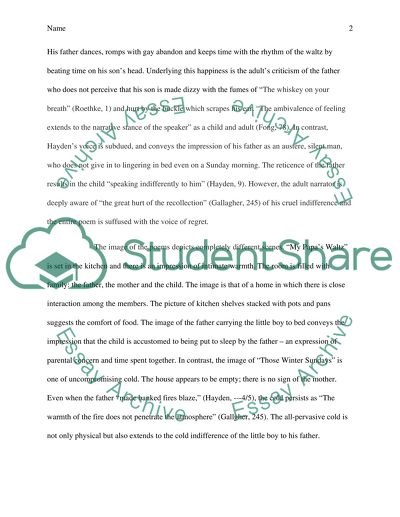Cite this document
(“Elements of Poetry Essay Example | Topics and Well Written Essays - 750 words”, n.d.)
Retrieved from https://studentshare.org/english/1468234-elements-of-poetry
Retrieved from https://studentshare.org/english/1468234-elements-of-poetry
(Elements of Poetry Essay Example | Topics and Well Written Essays - 750 Words)
https://studentshare.org/english/1468234-elements-of-poetry.
https://studentshare.org/english/1468234-elements-of-poetry.
“Elements of Poetry Essay Example | Topics and Well Written Essays - 750 Words”, n.d. https://studentshare.org/english/1468234-elements-of-poetry.


